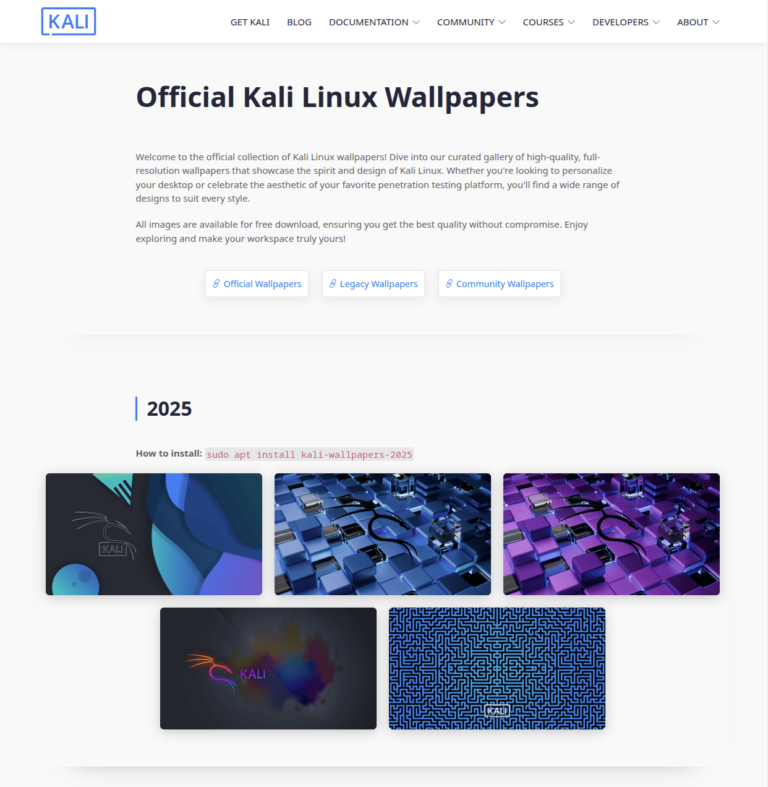In a rapidly evolving job market, the question of whether to pursue a career that you enjoy or to prioritize stability has never been more pertinent. The idea of work as a meritorious endeavor rather than just a means to an end is regaining momentum among enthusiasts and skeptics alike. This article delves into the complexities of work satisfaction versus financial security, highlighting the importance of the work environment, the choice of employers, and the long-term benefits of pursuing a passion-driven career.
The Joy of Work: An Unequalled Pursuit
Do you really want to work at something you enjoy? It’s a question that resonates deeply with many, yet the answer can be complex. For those inclined to pursue their passion, the quest for a fulfilling career often begins in childhood. As one successful professional noted, finding what truly interests you can occur as early as seven or eight years of age. The significance of uncovering your passion at a young age is profound; it sets a foundation upon which a meaningful career can be built.
Consider the stories of many well-known figures who have carved out paths driven by passion. For instance, Oprah Winfrey discovered her love for storytelling and communication at a young age, which ultimately propelled her into becoming one of the most influential media figures in history. Her success underscores the idea that finding something you love often leads to extraordinary outcomes, not just for the individual, but for society as well.
However, the journey towards realizing that passion is not uniform for everyone. For many, the process can take years of trial and error, navigating through various unfulfilling roles before landing on a vocation that genuinely resonates with them. The difficulty here lies in balancing the financial and emotional facets of work; many individuals often feel compelled to choose stable, well-paying jobs over their genuine interests due to societal pressures or personal anticipation. This tension can prompt job dissatisfaction and burnout, raising the question: should financial stability come at the cost of personal fulfillment?
Finding the Right Environment
An essential aspect of enjoying work is the environment in which one operates. The importance of working with great people cannot be overstated. These interpersonal relationships often define much of our workplace experience. As one individual reflected on their career path, they noted the value of having five interesting bosses throughout their professional journey. This speaks to the fundamental axiom that you are often shaped by the people around you, a truth that transcends both personal and professional spheres.
Engaging with supportive, inspirational colleagues can catalyze personal and career growth in ways that a typical salary package cannot match. Friends or allies at the workplace can foster creativity, encourage risk-taking, and offer feedback that enhances one’s skills. This dynamic, often overlooked, is a critical factor in determining job satisfaction. Numerous studies, including those conducted by the American Psychological Association, have shown that collaborative and supportive workplace relationships lead to increased job retention rates and overall happiness.
However, it’s essential to be discerning in your choice of workplace and colleagues. Just as there are abundant positive influences, there are also toxic environments that can stifle motivation and creativity. One must approach job offers thoughtfully, as it is easy to fall into patterns or adopt habits of those around you, for better or worse. Navigating this complex landscape takes self-awareness and intentionality, but the long-term benefits—feeling energized, being inspired, and ultimately thriving—are worth the diligence.
Prioritizing Luck and Decisions
As you make career decisions, luck may play a role in discovering your passion early, as mentioned previously. But it’s important to remember that luck alone will not lead you to satisfaction; you must combine it with intention. The notion of ‘settling’ is a particularly disheartening trap many fall into—what if the perfect job opportunity never arrives?
“When you do what you love, the money will follow.” – Marsha Sinetar
This quote succinctly encapsulates the philosophy that many successful individuals share. Each person’s journey looks different, yet the theme remains consistent: enthusiasm for one’s work often leads to financial success. This principle serves as a call to prioritize your interests over the fear of instability.
In the realm of entrepreneurship, many recognize this paradigm. Starting a venture is often fraught with risks and uncertainties. However, countless entrepreneurs also report that the passion which fuels their business ultimately drives growth and profitability. The satisfaction derived from working on something personally meaningful renders the efforts worthwhile, even amidst the turmoil of the unknown. Steve Jobs famously said, “The only way to do great work is to love what you do.” By linking passion with profession, he painted a picture not just for himself, but for aspiring entrepreneurs around the globe.
Advice for Navigating Career Choices
Whether you are a new entrant into the job market or considering a career pivot, several strategies can enhance your chances of finding a fulfilling career path:
- Start Early: Like many success stories, reflect on your childhood interests and curiosities. What did you enjoy doing? Symptoms of passion can often be traced back to early interests.
- Network: Build relationships with mentors and colleagues. Attend industry events, seminars, and workshops to meet those who inspire you and could guide your career.
- Research Employers: Use platforms like Glassdoor and LinkedIn to evaluate potential employers. Look for organizations that prioritize culture and work-life balance.
- Be Open-Minded: Take risks and be willing to explore different job roles or fields. Sometimes, the most unexpected paths lead to the most rewarding experiences.
- Seek Balance: While a salary is important, prioritize job satisfaction over monetary gain, especially early in your career. Financial success can often follow when your heart is in the right place.
Ultimately, the choice between pursuing passion or achieving financial security is deeply personal. However, through careful consideration and intentional decisions, it is possible to harmonize your interests and professional aspirations. As you embark on this journey, remember the underlying truth: your work should not just pay the bills; it should invigorate your spirit and echo your values. In a world increasingly dominated by the grind, finding enjoyment and purpose in your work might just be the lifeblood of a fulfilling life.



